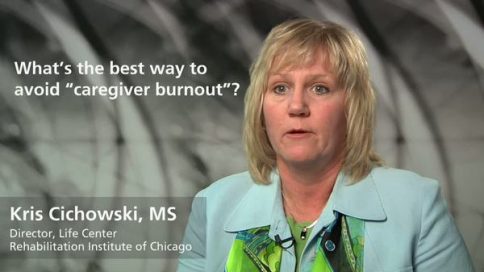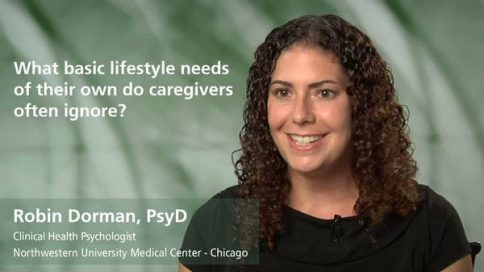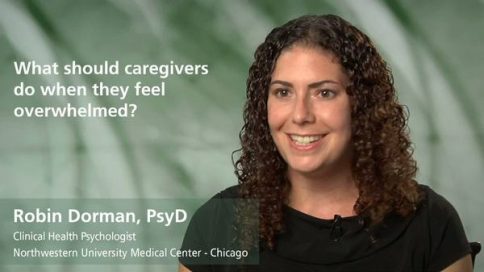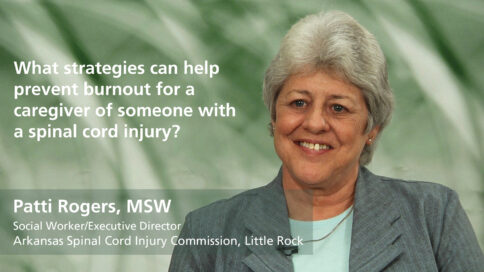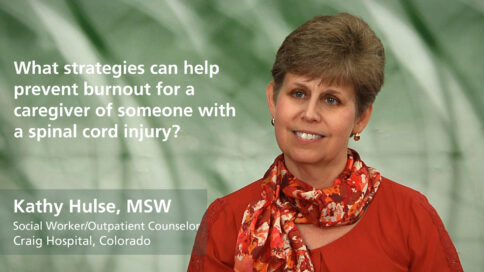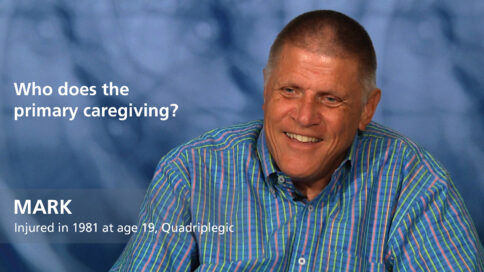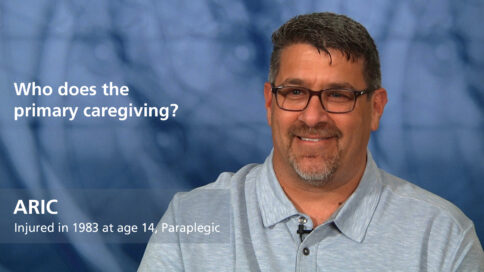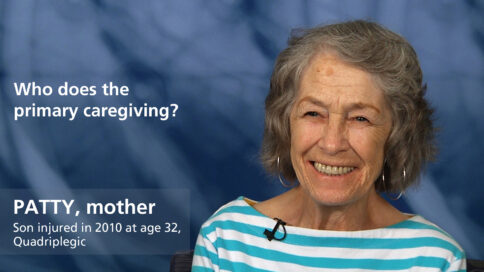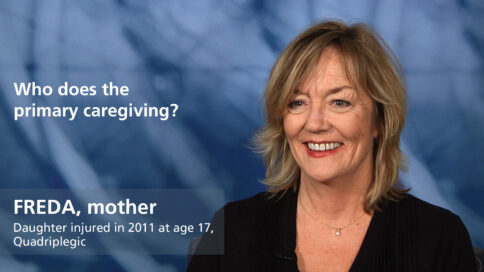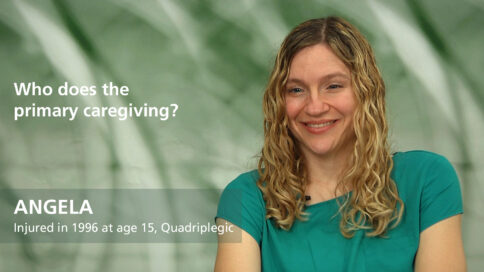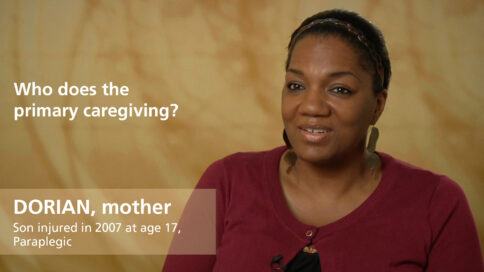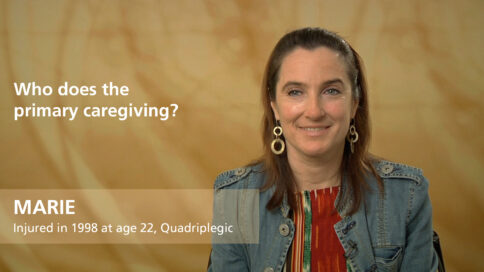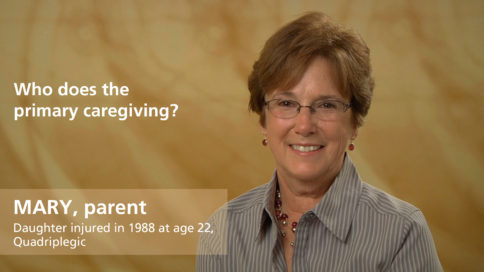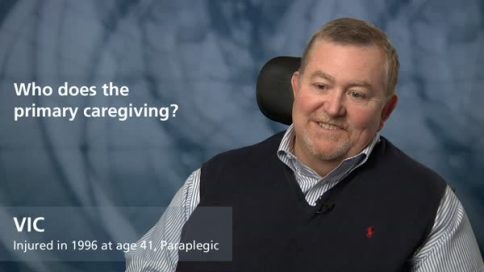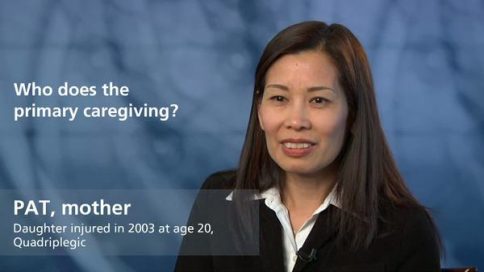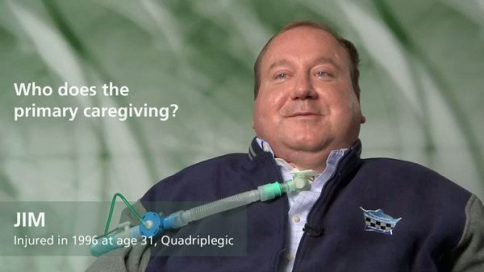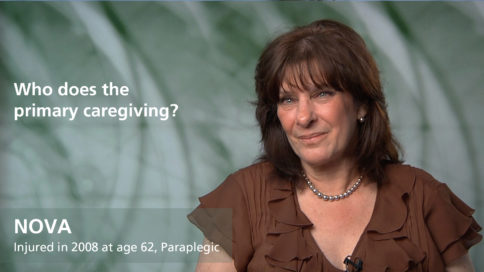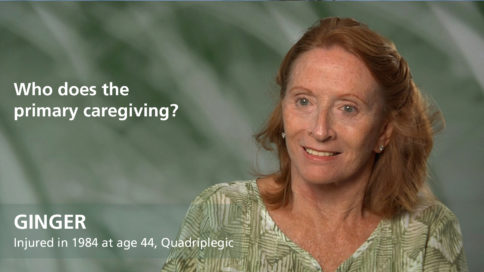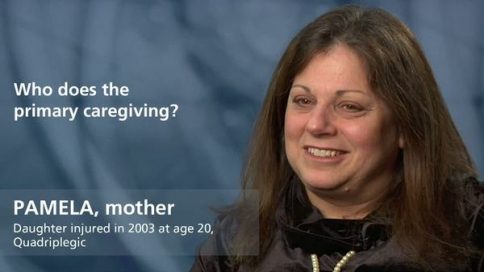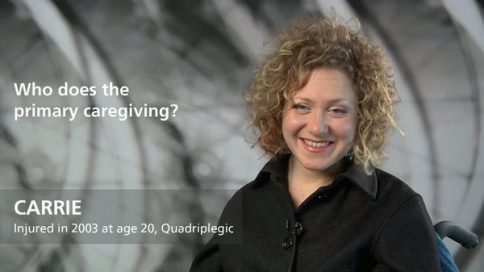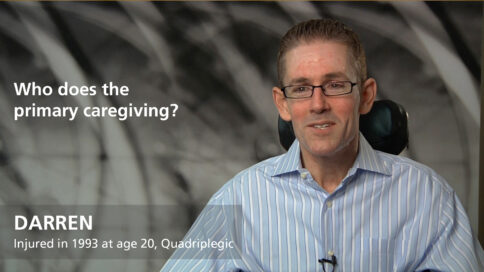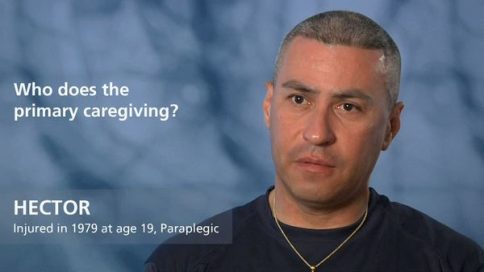What’s the best way to avoid “caregiver burnout”? - Robin Dorman, PsyD
|
|
What’s the best way to avoid “caregiver burnout”? |
|
Robin Dorman, PsyDClinical Health Psychologist, Northwestern University Medical Center, Chicago |
||
| Read Bio | More Videos by Robin Dorman | |
|
Share |
||
Transcript
In the short term, it’s very easy to, kind of deny your own needs. In the short term, it’s very easy to put the other person’s needs first, to sacrifice nutrition, to sacrifice sleep, to sacrifice exercise, to sacrifice their own emotional coping, and they can do that very well. And so, usually the people that don’t relate to the idea of needing to care for yourself in order to be a good caregiver, are not going to relate to that because it isn’t true in their experience. The hard part is, that with time, all of that neglect accumulates, and the caregiver starts to see signs of stress, which can be anything from emotional pain to irritability, just having a shorter fuse, and snapping more easily. To disrupted sleep, to changes in appetite, to digestive changes. Pain in—headaches, back pain, neck pain, diffuse, kind of, discomfort without even really knowing what that is. You know, depressed feelings, on, and on, and on, the signs of stress can start to show. And, it’s amazing how often people will still ignore those, and let those go. Because you can, you can if you want to, and if you’ve decided that’s the important thing for you to do. But in the end, when you start to feel those things build up, you find that the stress itself, and the guilt can become another being, and can sometimes put a wedge between the relationship between you and the person who you’re trying to be there for. So, the guilt is a very real thing, and something that, you know, really needs to be, kind of, addressed head on.
Show Less|
|
||
add
What’s the best way to avoid “caregiver burnout”? |
||
Robin Dorman, PsyDClinical Health Psychologist, Northwestern University Medical Center, Chicago |
More Videos by Robin Dorman | |
| Transcriptadd | share | |
In the short term, it’s very easy to, kind of deny your own needs. In the short term, it’s very easy to put the other person’s needs first, to sacrifice nutrition, to sacrifice sleep, to sacrifice exercise, to sacrifice their own emotional coping, and they can do that very well. And so, usually the people that don’t relate to the idea of needing to care for yourself in order to be a good caregiver, are not going to relate to that because it isn’t true in their experience. The hard part is, that with time, all of that neglect accumulates, and the caregiver starts to see signs of stress, which can be anything from emotional pain to irritability, just having a shorter fuse, and snapping more easily. To disrupted sleep, to changes in appetite, to digestive changes. Pain in—headaches, back pain, neck pain, diffuse, kind of, discomfort without even really knowing what that is. You know, depressed feelings, on, and on, and on, the signs of stress can start to show. And, it’s amazing how often people will still ignore those, and let those go. Because you can, you can if you want to, and if you’ve decided that’s the important thing for you to do. But in the end, when you start to feel those things build up, you find that the stress itself, and the guilt can become another being, and can sometimes put a wedge between the relationship between you and the person who you’re trying to be there for. So, the guilt is a very real thing, and something that, you know, really needs to be, kind of, addressed head on.
